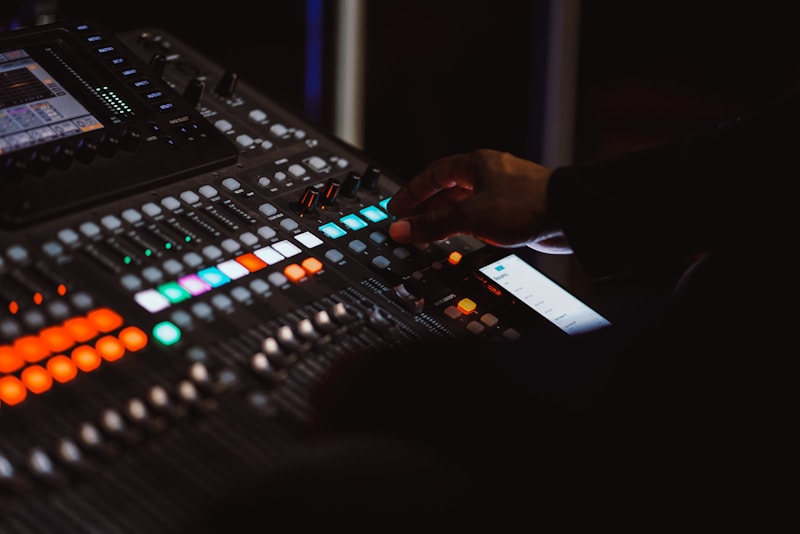Questions and Answers
What is the function of an operating system?
Controlling the allocation of resources and services
Which program has complete control over everything that occurs in the system?
Kernel
What is the main function of the Kernel in an operating system?
Managing memory
What does the operating system act as between the user and the computer hardware?
Signup and view all the answers
Which of the following is NOT an example of an operating system?
Signup and view all the answers
What is the first program loaded on startup of a computer?
Signup and view all the answers
What was the early operating system for microcomputers in the 1970s?
Signup and view all the answers
Which activity does the operating system perform for memory management?
Signup and view all the answers
What was Microsoft's response to the development of GUI facilities for microcomputers in the 1990s?
Signup and view all the answers
Which type of computer runs on almost any CPU with only Linux and BSD as the operating systems?
Signup and view all the answers
What was a family of mainframe computers with the operating system OS/360 produced in the 1960s?
Signup and view all the answers
Which program is responsible for managing device communication via their respective drivers?
Signup and view all the answers
What does an operating system do for processor management?
Signup and view all the answers
Which type of computer uses a variety of dedicated OS's and limited versions of Linux or other OS's?
Signup and view all the answers
Study Notes
Functions of an Operating System
- Manages hardware and software resources on a computer.
- Acts as an intermediary between users and computer hardware, facilitating user commands and managing hardware interactions.
Control Over the System
- The Kernel has complete control over everything that occurs in the system, handling critical tasks and system operations.
Main Functions of the Kernel
- Responsible for resource management, including memory, processor, and device communication.
- Manages system calls, providing a bridge between user applications and the hardware.
User and Hardware Interface
- The operating system serves as a bridge, enabling user commands to be translated into hardware operations, thereby simplifying user interactions.
Examples of Operating Systems
- Non-examples include software applications like word processors or web browsers, which are not classified as operating systems.
Startup Program
- The first program loaded on startup of a computer is the Bootloader, which initializes the operating system.
Early Microcomputer Operating Systems
- The early operating system for microcomputers in the 1970s was CP/M (Control Program for Microcomputers), which set a precedent for personal computing.
Memory Management Activity
- The operating system is responsible for memory allocation, keeping track of each byte in a computer's memory, and regulating the allocation of memory space to programs.
Microsoft's Response to GUI Development
- Microsoft introduced Windows as a graphical user interface (GUI), which revolutionized user interaction with personal computers during the 1990s.
Computer Systems and Operating Systems
- Personal computers run on various CPUs, predominantly using operating systems like Linux and BSD.
OS/360 Mainframe Computers
- IBM produced the OS/360 operating system for a family of mainframe computers in the 1960s, significantly impacting computing at the time.
Device Communication Management
- The device driver management program is responsible for facilitating communication between the operating system and hardware devices.
Processor Management by the Operating System
- The operating system schedules processes, allocates CPU time, and manages multitasking to ensure efficient utilization of the processor.
Computers with Dedicated Operating Systems
- Certain computers utilize a variety of dedicated operating systems, alongside limited versions of Linux or other operating systems, catering to specific tasks and applications.
Studying That Suits You
Use AI to generate personalized quizzes and flashcards to suit your learning preferences.
Description
Learn the fundamentals of operating systems and their role in managing computer hardware and running applications. Understand the concept of operating systems as intermediaries between users and hardware, and how they facilitate program execution and resource management.




